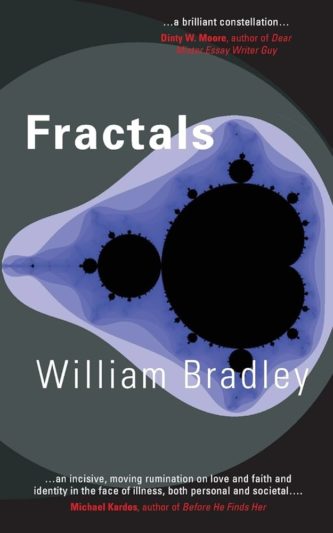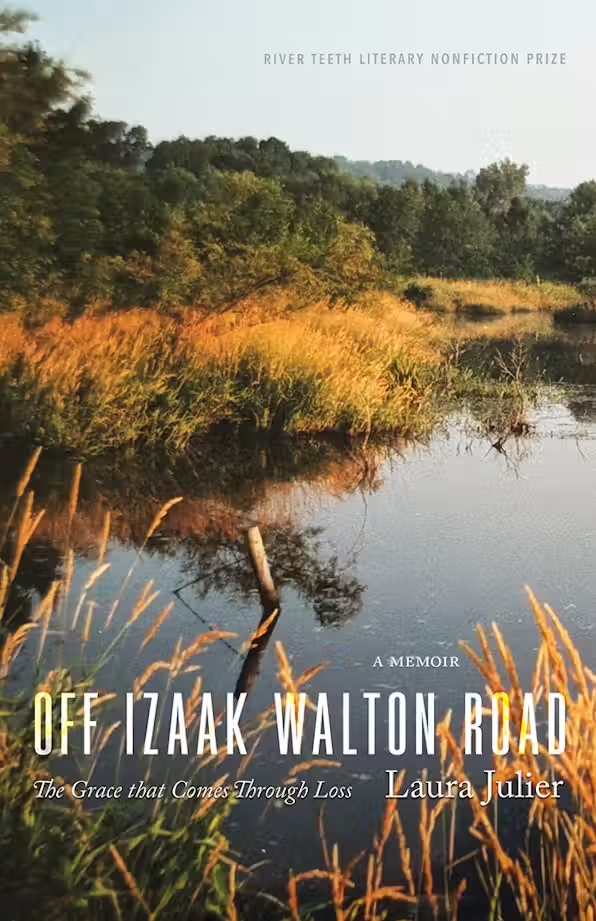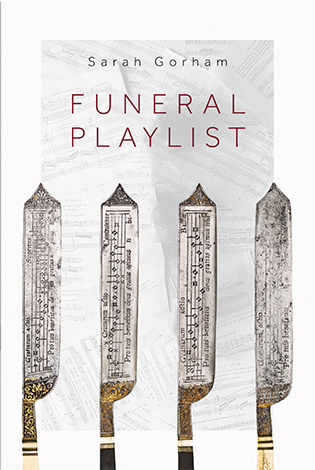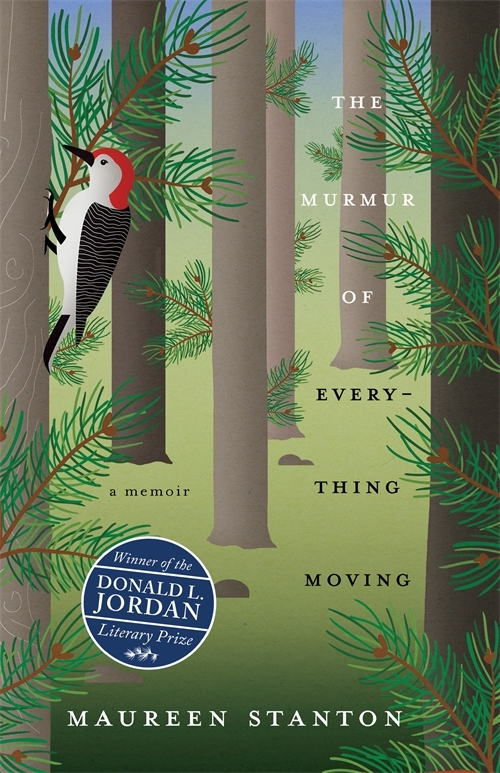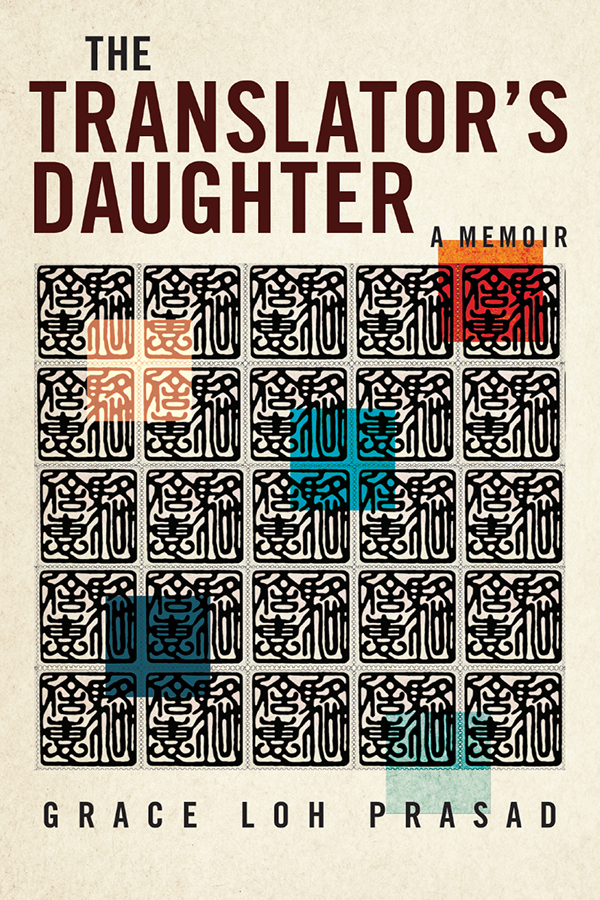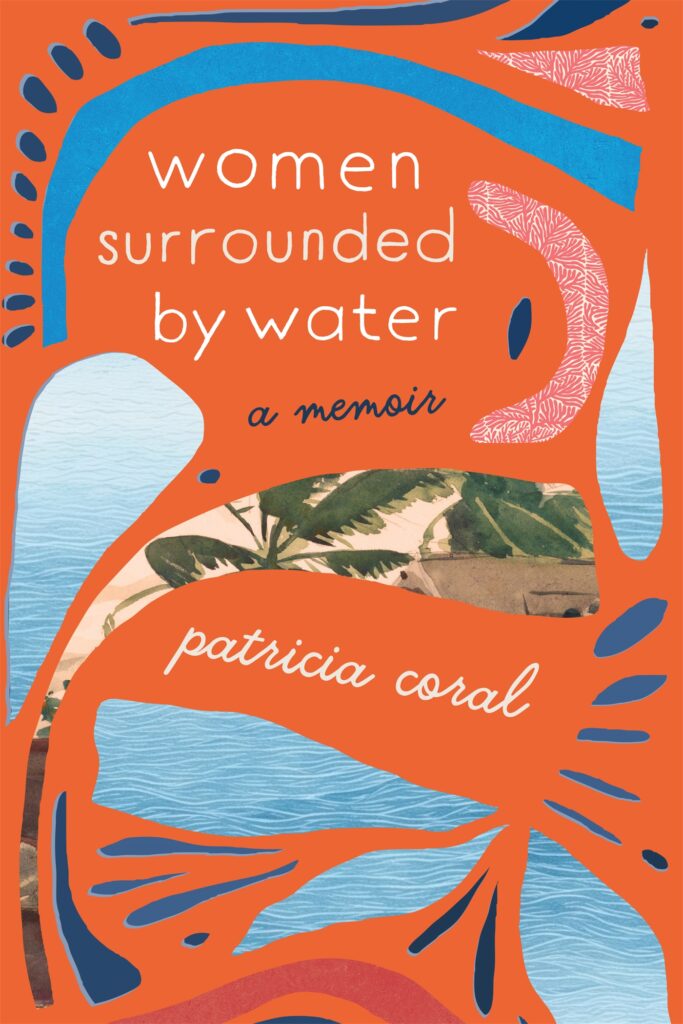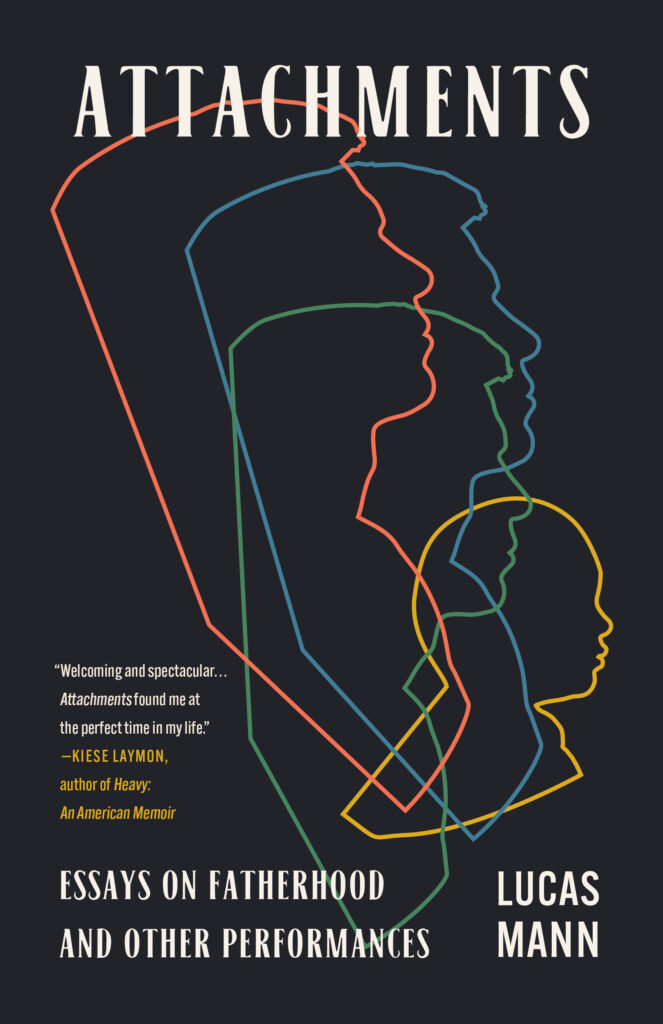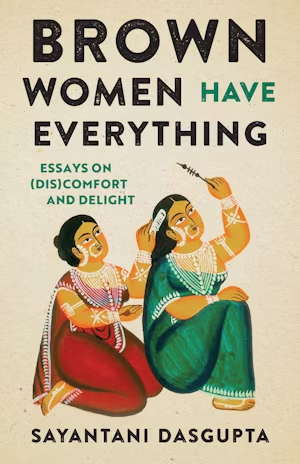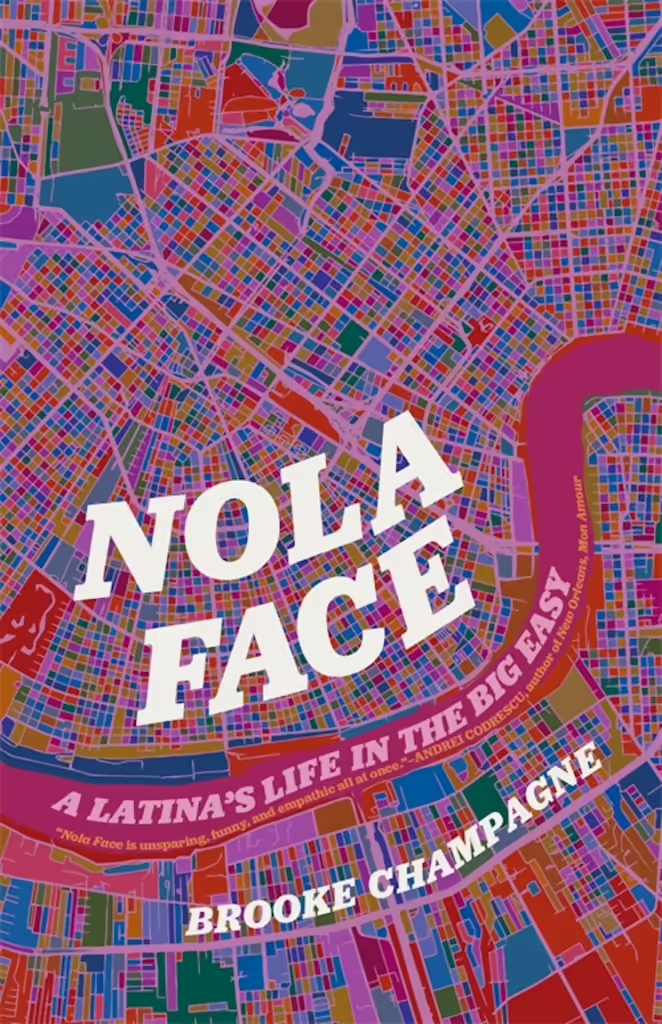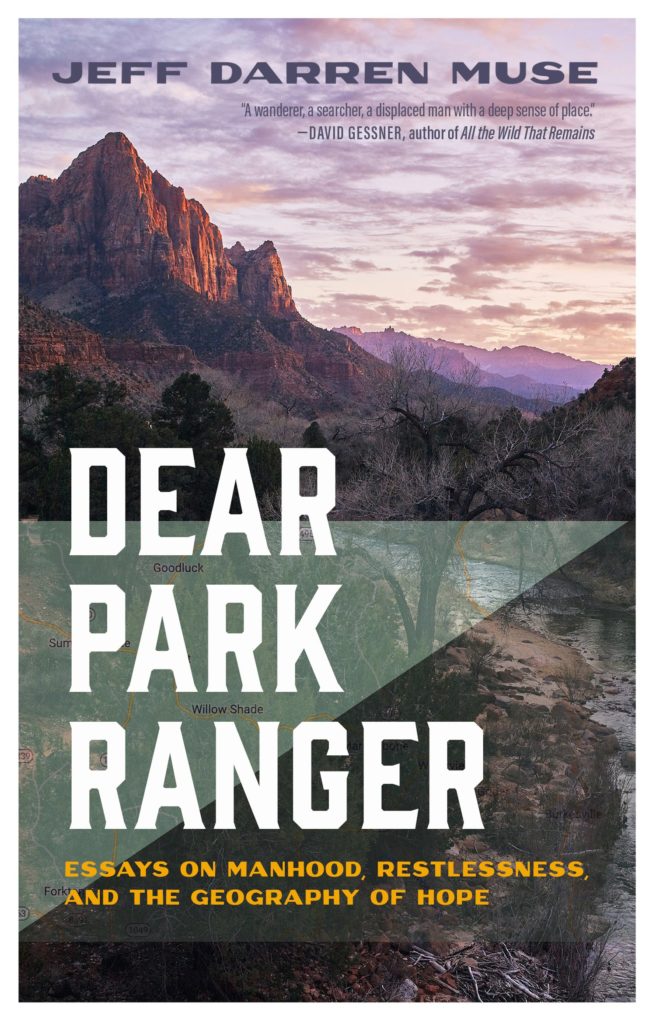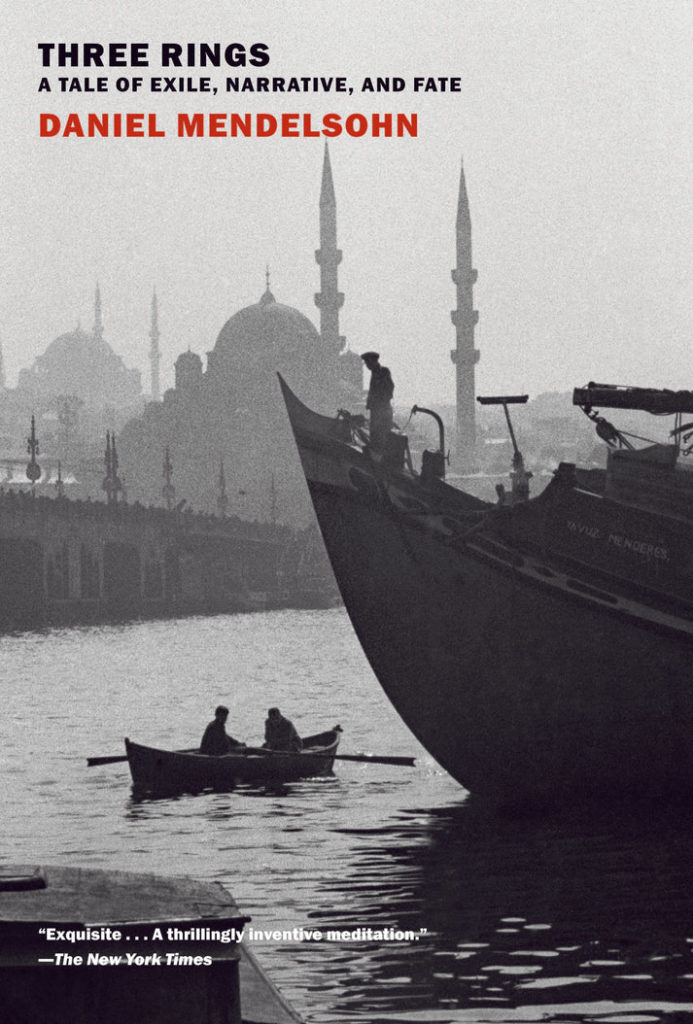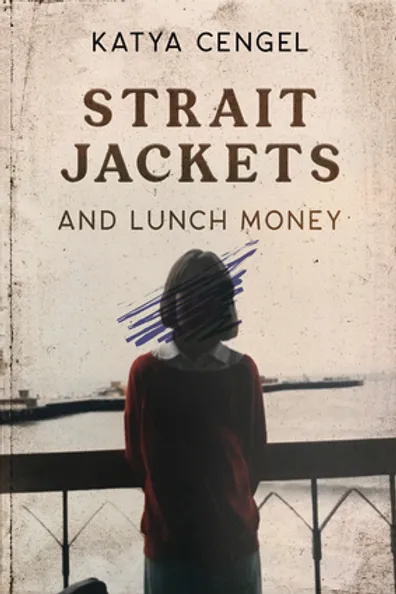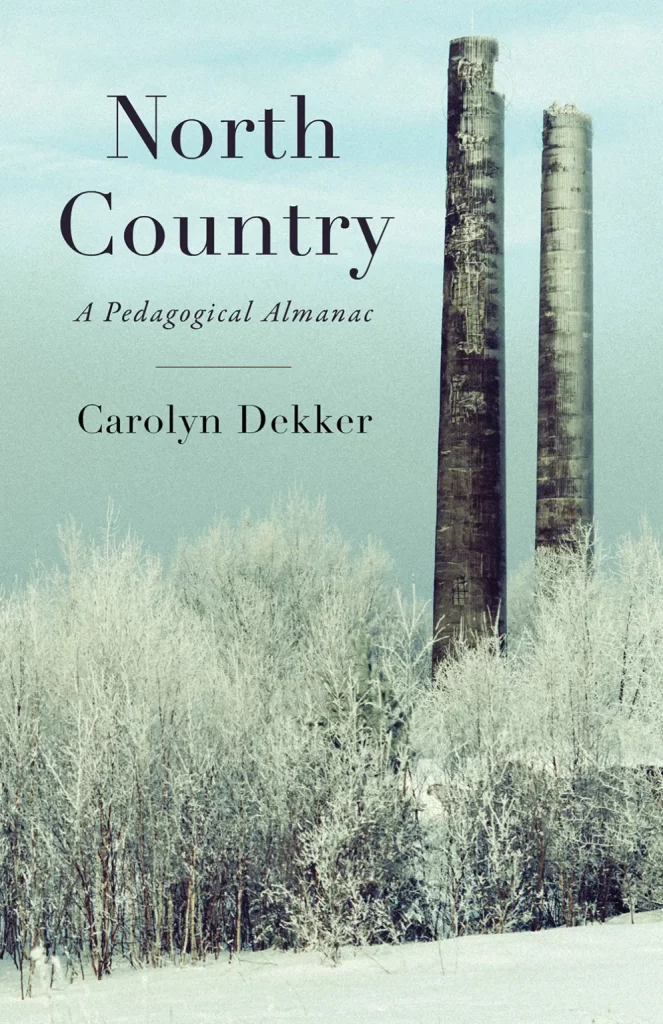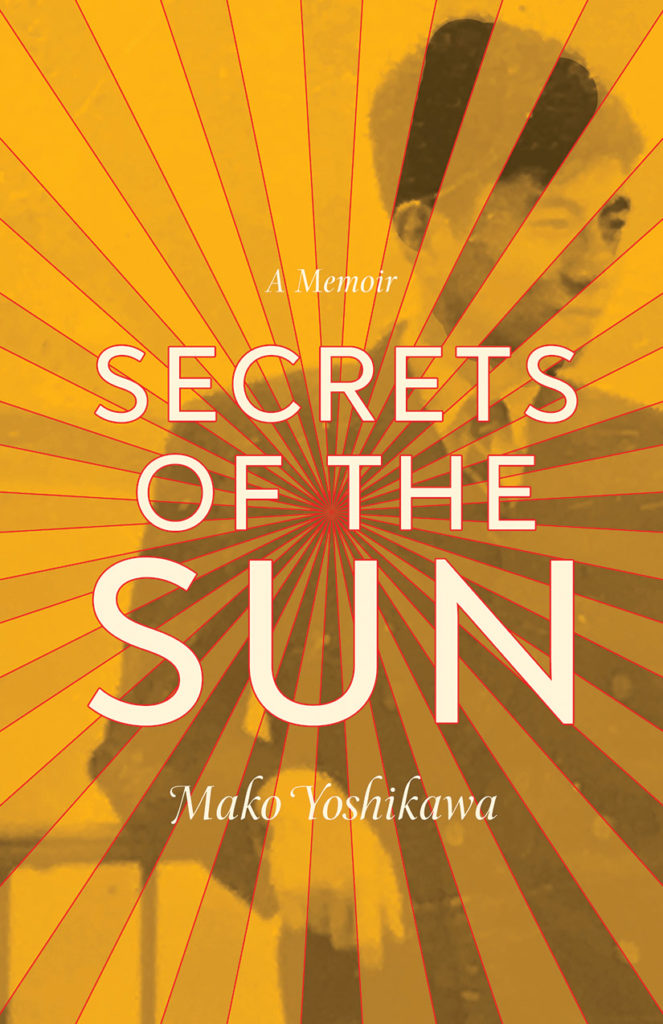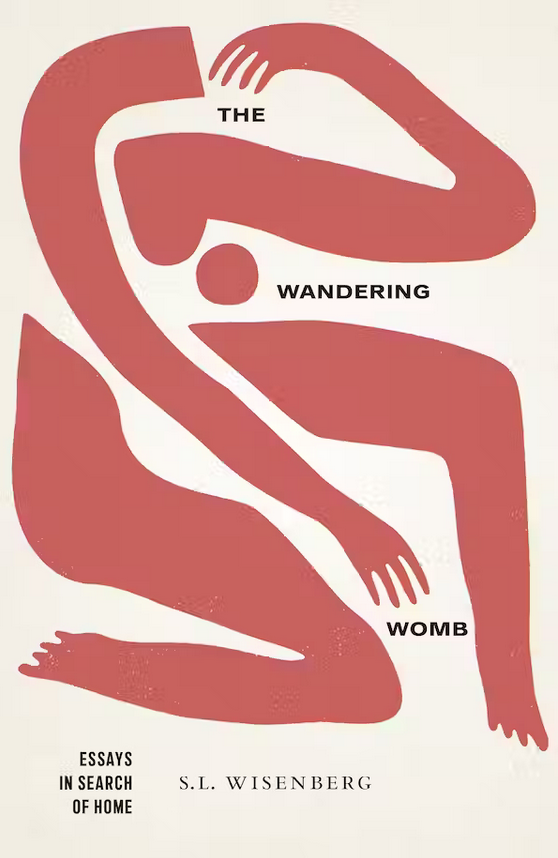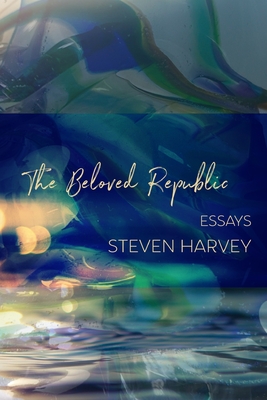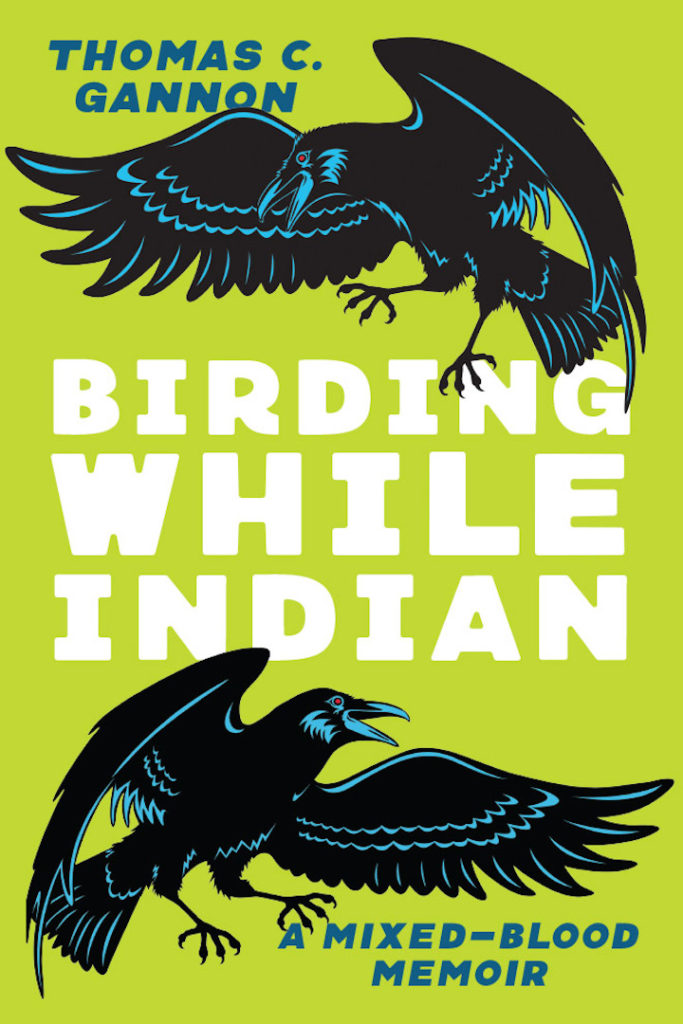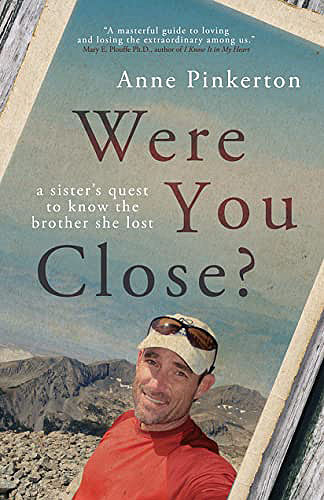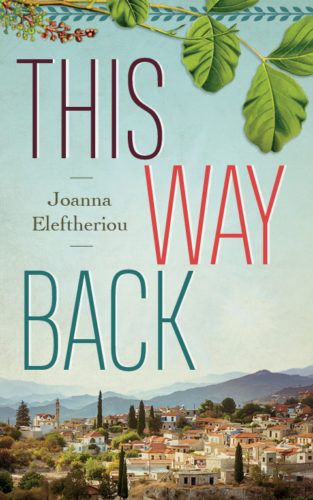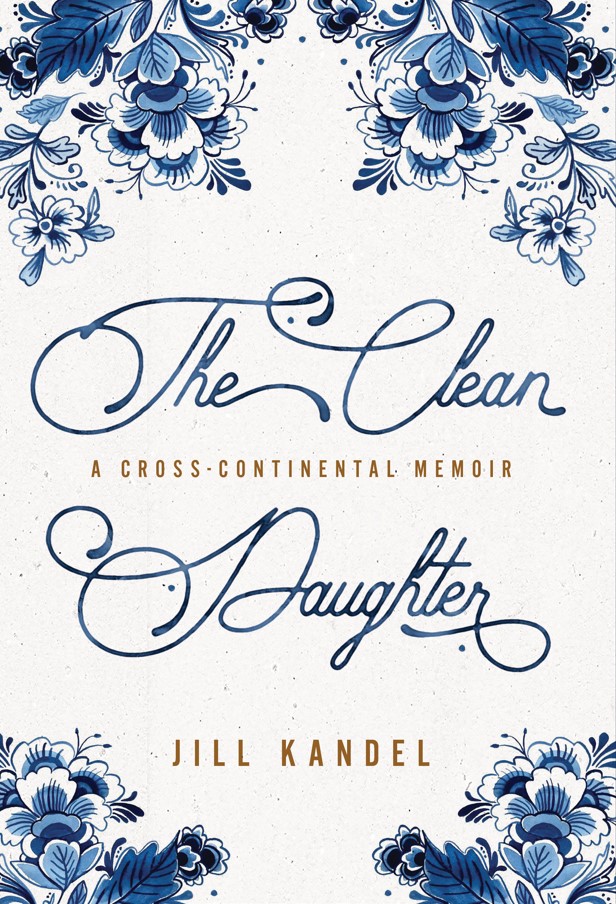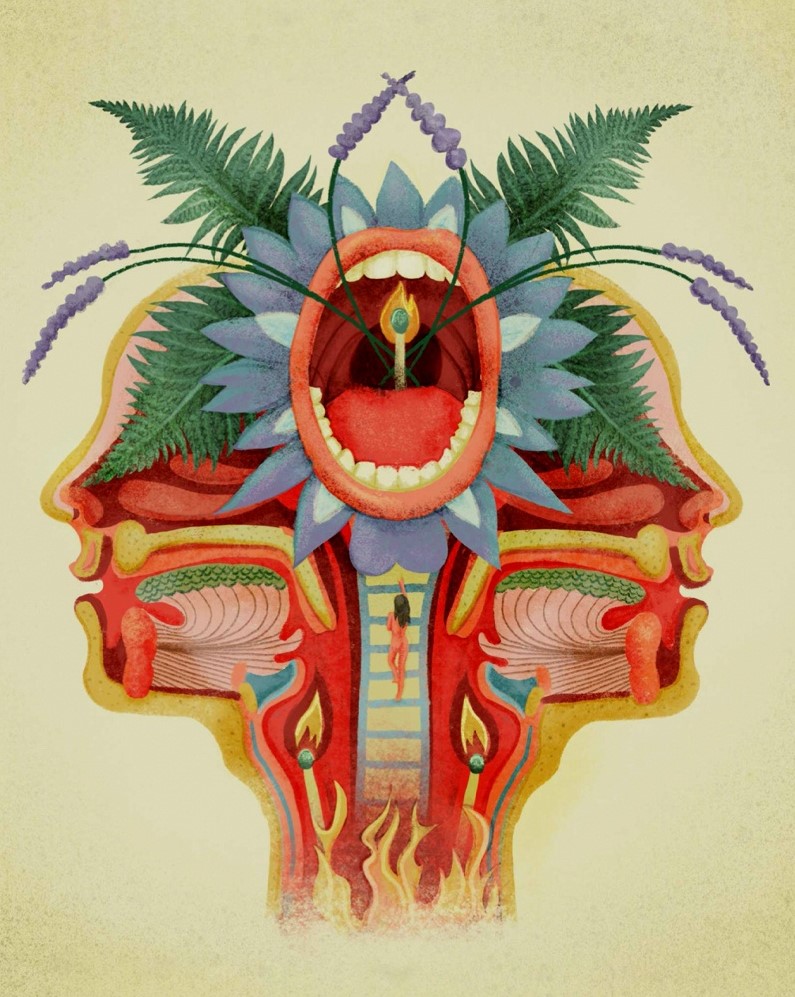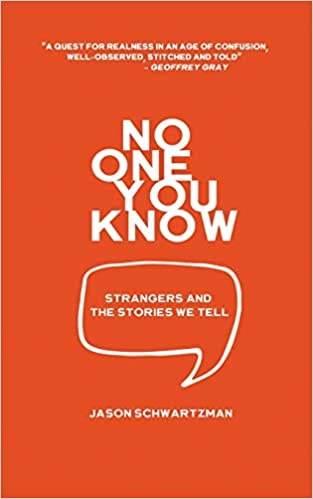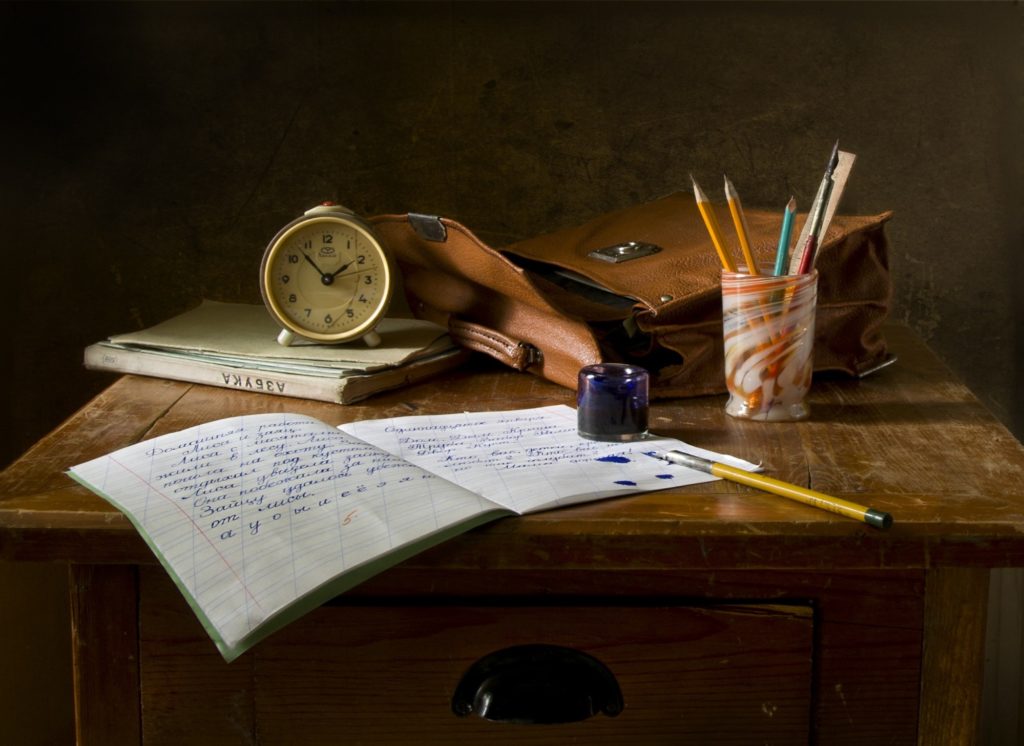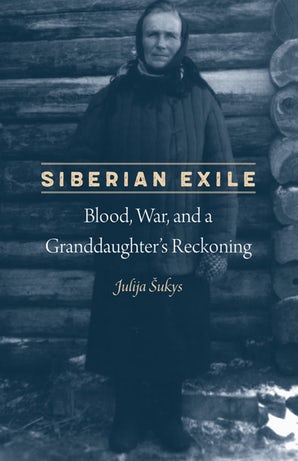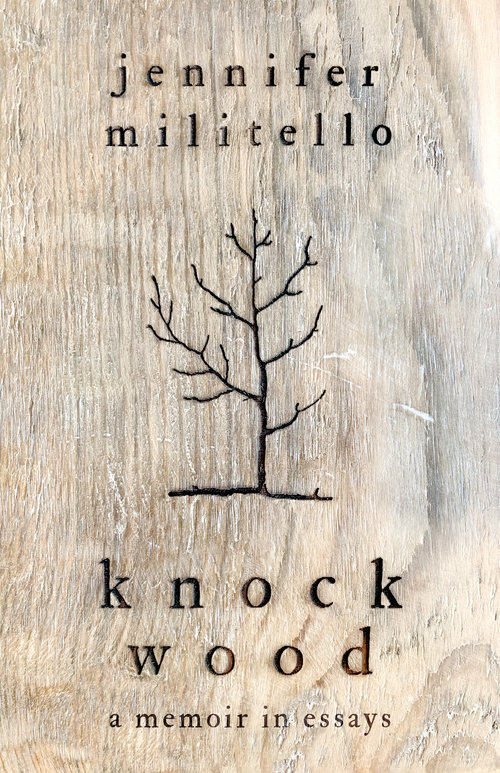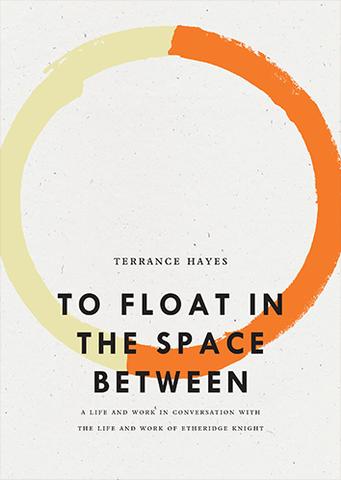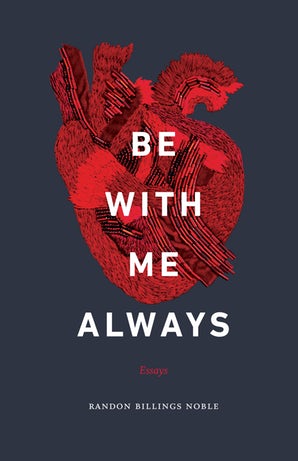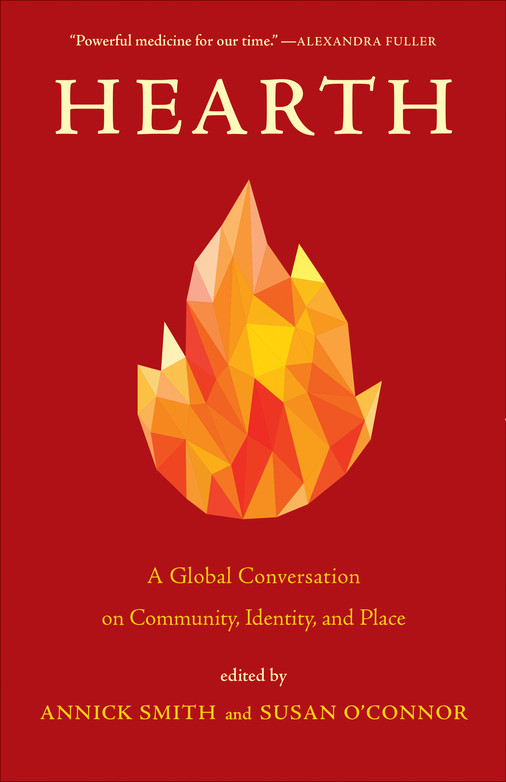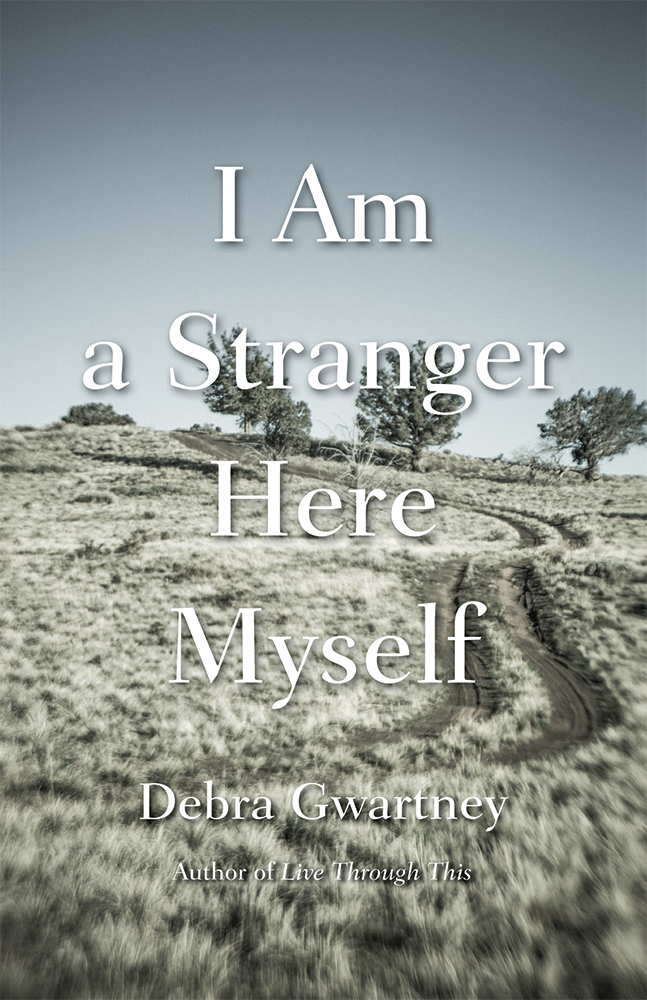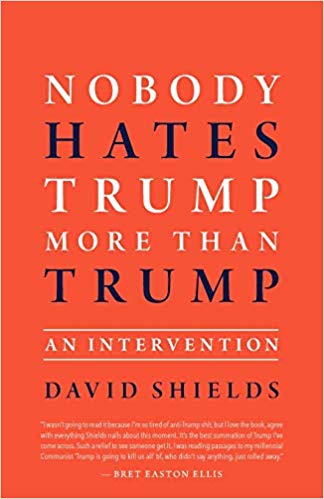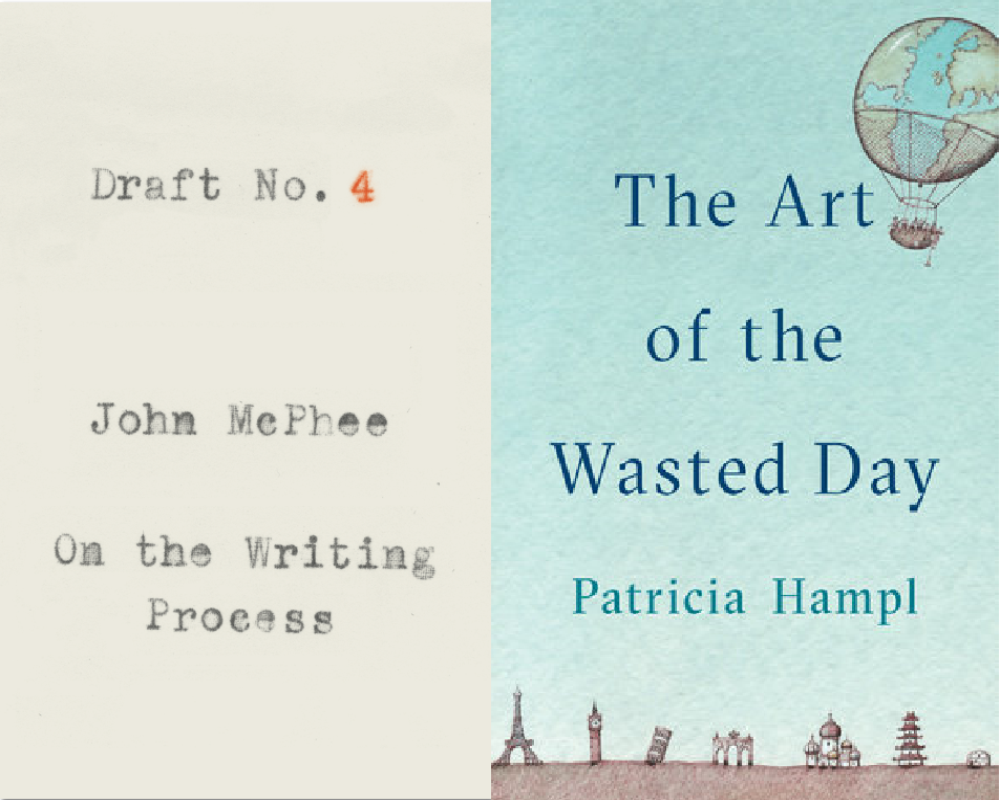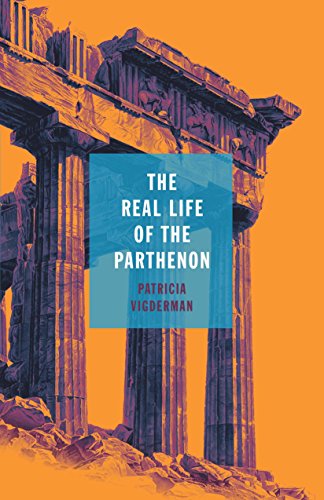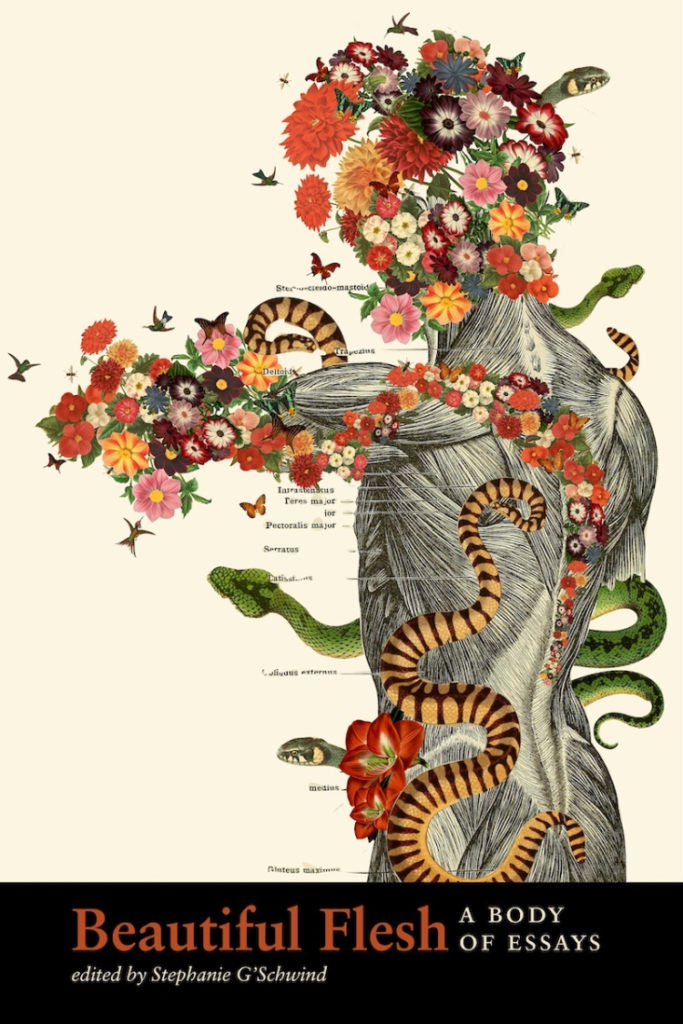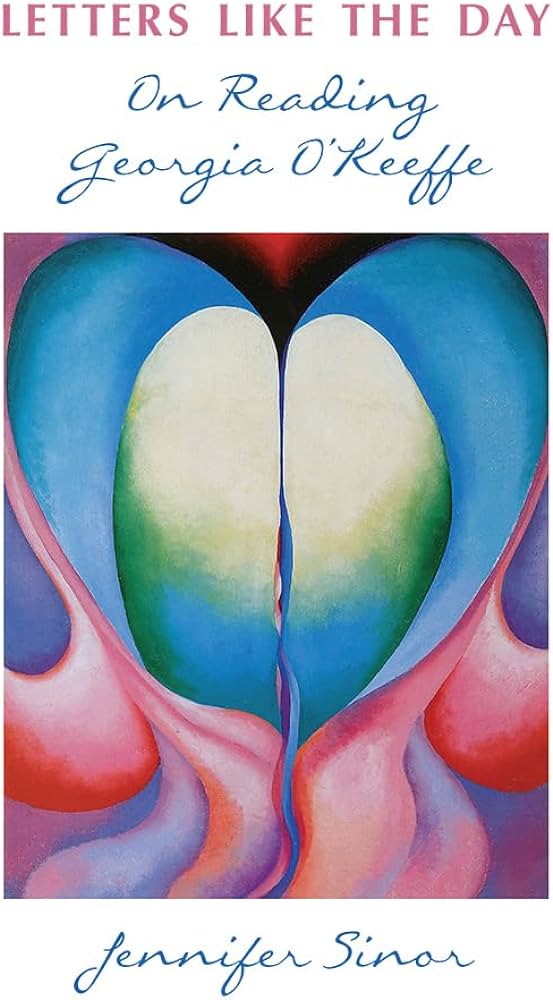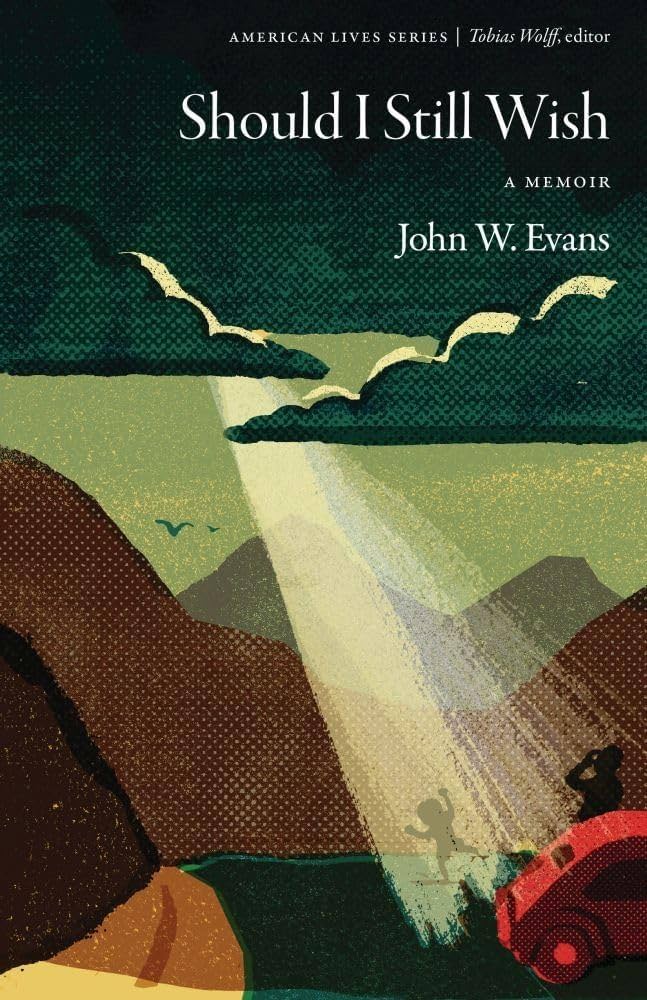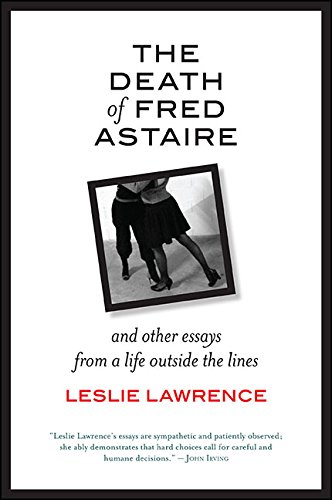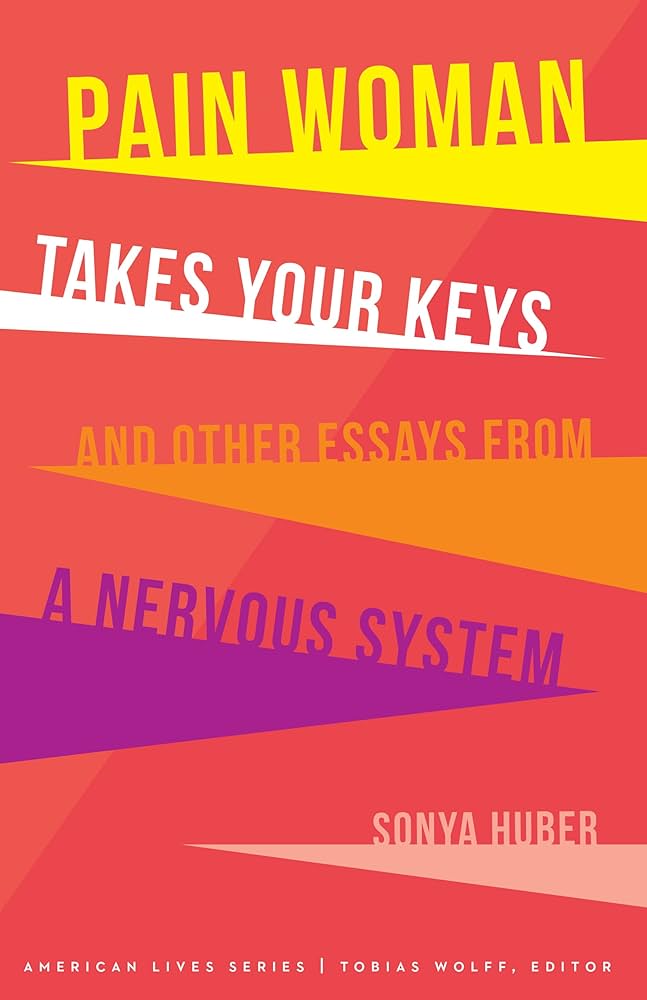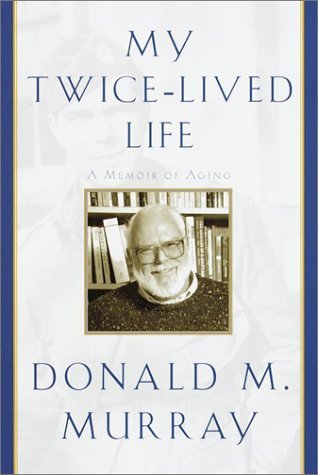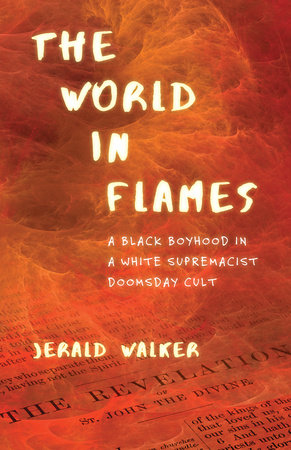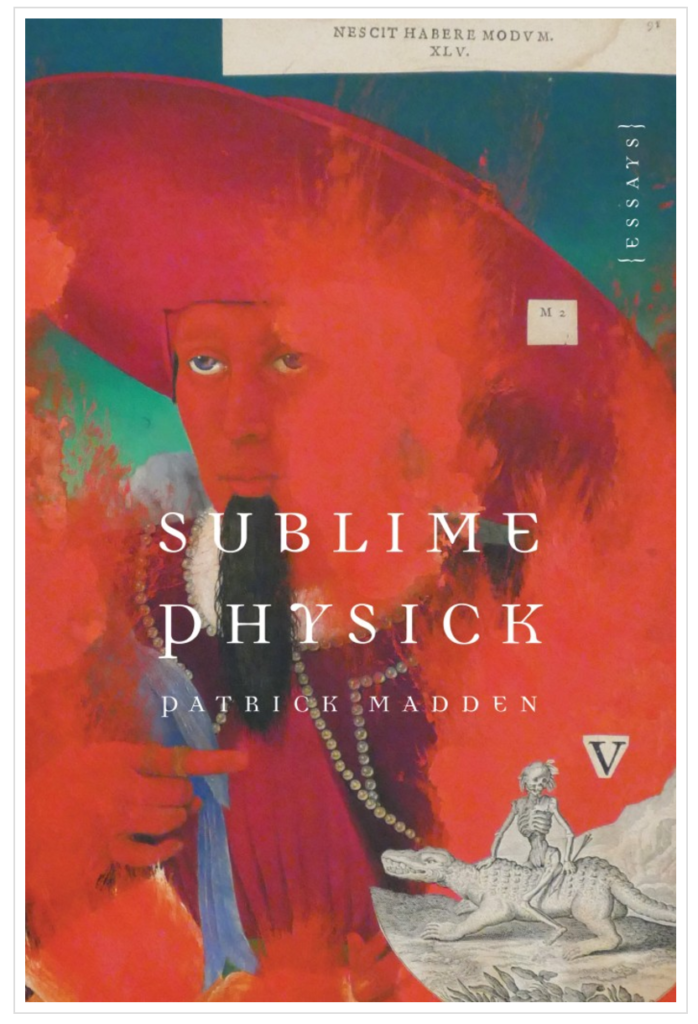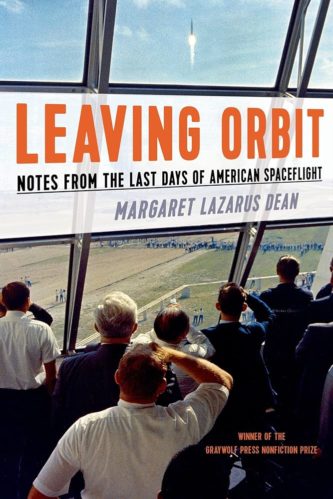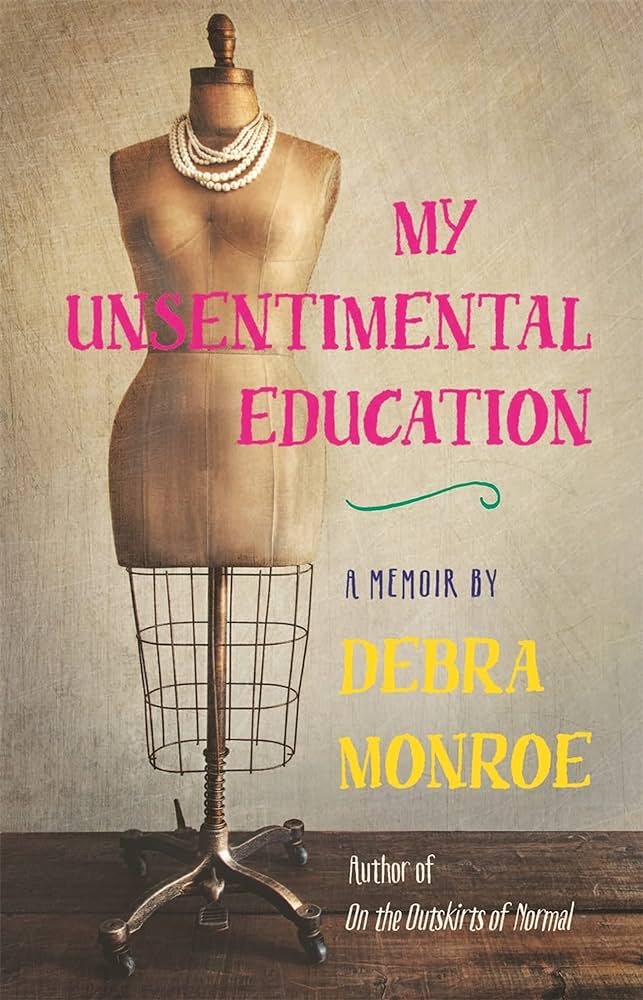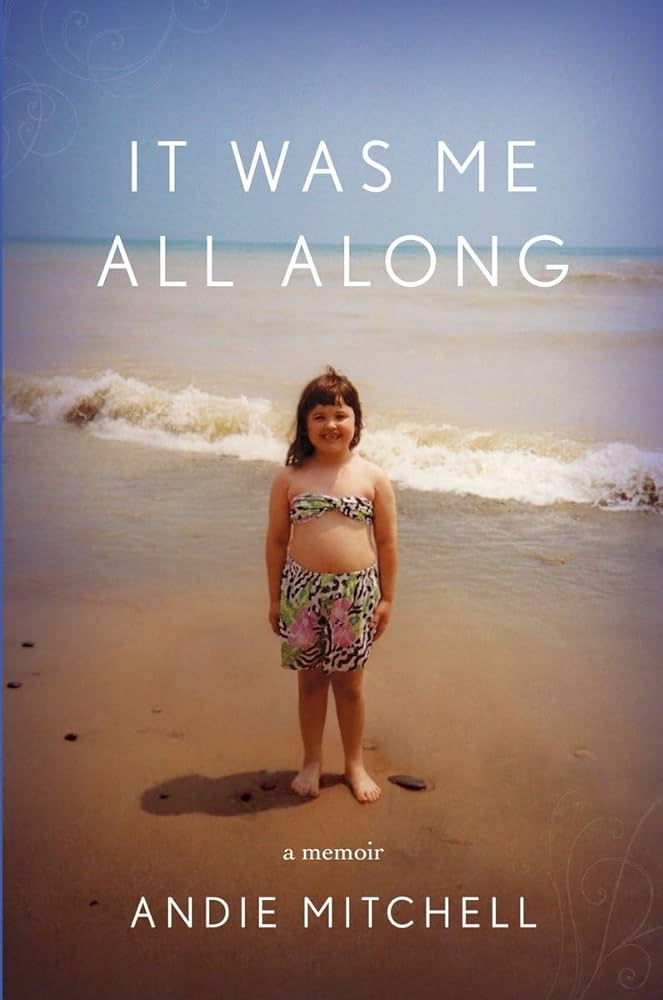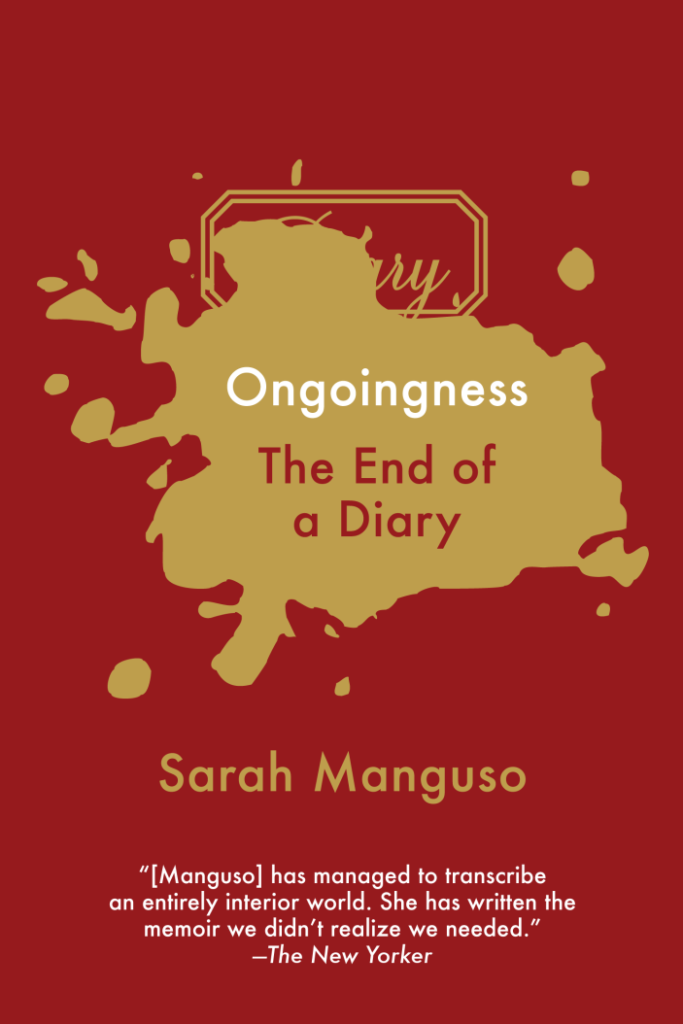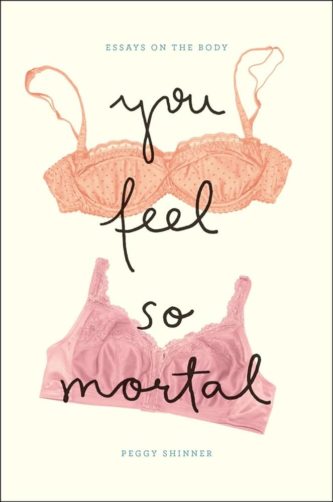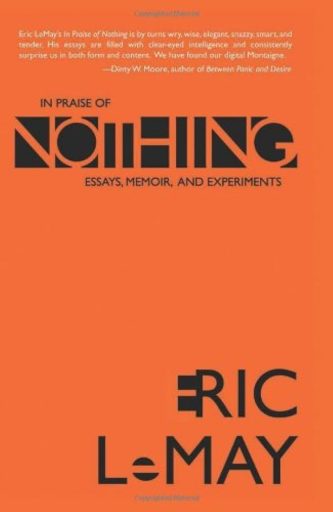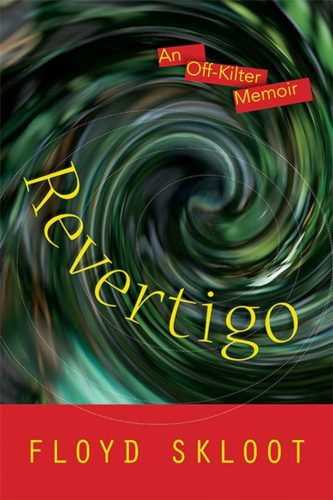By Tarn Wilson
on Fractals by William Bradley
I want to hook you by claiming that William Bradley’s book of essays, Fractals, is about his near fatal battle with Hodgkin’s Disease in his early twenties. And it is: Throughout his collection, Bradley reflects on how the lymphatic cancer of his youth marked his body and shaped his relationships, his faith, and, with the threat of relapse, his future. But the book is also much more: It’s a reflection on childhood, comic books, and soap operas. It’s the story of a young professor building a career. It’s Bradley’s love letter to his wife, Emily. It’s a treatise on time, loss, longing, and love. Bradley’s illness is not the heart of his story, but a backdrop, a constant reminder of the possibility of death, even for the young, which makes the events of ordinary life—the girl who told you she loved you in third grade, a visit from your best friend before your surgery—seem all the more weighty and luminous.
At the center, this is a story of transformation: an exploration of how suffering can refine us. But Bradley also actively resists this familiar theme. Although now in his late thirties, he seems to have two competing younger selves trying to tell his story: his twenty-two-year-old self, terrified of being too exposed or sentimental, and his child self, the earnest, open-hearted nine-year-old, thrilled to be an altar boy, proud to be “part of something. Something important, mysterious, and historical—something much larger than yourself.” One of the greatest charms of this collection is the tension between the ironic and the earnest, between ego and egolessness, between self-consciousness and open-heartedness.
Bradley came of age with the hipsters, a generation that values wit and cultivates an amused, ironic distance. This aesthetic is reflected in Bradley’s reading habits while he was first being treated for cancer. He doesn’t name the books he loved, but says he “liked ironic detachment in my narratives, with characters who were clever and cool and never uttered banalities.” But Bradley’s preference is not just cultural. He comes by it honestly—as he explains in this passage about his relationship with his mother:
My mother and I do not have a particularly emotive relationship. We mostly communicate through sarcasm. My other siblings and my father are more sincere, more inclined to end a phone call with “I love you” or give a spontaneous hug. When my mother began to cry at my wedding, I glared at her and stage whispered, “For the love of God, pull yourself together” to make her laugh.
Both Bradley and his mother, an English teacher, “more than anything . . . hated clichés.” Throughout the essays, Bradley actively resists clichés, even as he recognizes that, if he is going to tell his truth, he may not be able to avoid them.
The dominant voice of these essays is descended from the lineage of that twenty-two-year-old: witty, smart, funny, self-deprecating, self-aware, and sometimes self-conscious. But Bradley also regularly interrupts that voice with flashes of vulnerability. For example, toward the end of the essay “Fear,” Bradley shifts from his light, amusing banter on why he likes horror movies, to this confession of his deeper fears. The tone shifts. The sentences simplify.
I fear that my writing is mediocre at best. I fear that my wife no longer finds me as physically attractive as she used to. I fear that I’ll never realize my dream of becoming a tenured professor. I fear impotence. School shootings. Stand your ground laws. Getting drunk and revealing how offensive and obnoxious my internal monologue actually is. Cancer. Being revealed as the academic and artistic fraud I’m pretty sure I am. That my parents will die. That my wife will decide that she no longer loves me.
Then, as if embarrassed by so much exposure, he returns to his regular humor and sentence rhythms: “These are the things that terrify me. Sometimes the only way to calm my nerves and quell the fear is to turn my brain off and watch a madman with a butcher’s knife stalk and then kill some babysitters.”
Lest you doubt the effectiveness and charm of this tension, witness their effect on my high school creative writing students. As I read these passages aloud to my class, they are poised, silent and alert, moved as they listen to an adult confess his real vulnerabilities. Then, as I read the last sentence, they burst into laughter and dive into their journals to confess their own fears—and be cool and silly and honest and brave all at once.
As vulnerable as Bradley feels expressing his fears, he is even more self-conscious about sharing gratitude. Such ample opportunity for corniness! However, Bradley’s gratitude leaks through his pages, as he pays tributes to family, friends, work, and most of all, his wife. Toward the end of the book, he confesses that his illness has indeed made him a better person. He admits to that redemptive plot he has been trying to avoid.
No doubt there has been some suffering. But the truth is, you know that the suffering was necessary. It has shaped who you are, caused you to redefine your locus, reprioritize your life. You realize that you have learned a lot from everything that has happened to you, good and bad, and that this awareness has motivated you to try, in some small way, to become a better person. What’s more, you know you still love your life. And that’s something.
Unlike Bradley’s list of fears, I can feel, in this language, the way Bradley holds himself at a distance from words, even as he writes them. He’s not going to gush. He won’t be fancy. He’s going to write in second person, and use the passive voice, to create a little distance from himself. He doesn’t want to become a cliché. But there it is. He has changed. That’s the truth.
Most courageous of all, perhaps, for a young academic in a field dominated by secular humanists—more embarrassing than revelations about sexual escapades or one’s most quirky neurosis—is to profess faith. It takes Bradley most of the collection to build up to the confession “I have friends who are atheists, but I am not an atheist,” and “I see evidence of the divine every day.” But then he complicates his revelation. This time, however, he pulls back, not because he fears sentimentality, but because mature faith is complicated.
Your problem is that you remember a time when you were one hundred percent certain of your convictions. You were unwavering. When you were an atheist, you felt like you understood the world, and your place in it. And when you were a Catholic, everything made sense because everything could be explained as “mysterious ways” on the part of the Lord. Things seemed better, then. What you couldn’t understand could at least be accepted. But these days, you can’t be sure of anything at all, except that your own uncertainty seems to isolate you.
In the process of examining his spiritual and emotional life, Bradley realizes that as much as he resists clichés and loves surprises, he also craves certainty.
But Bradley’s desire for certainty is not just a need for control or predictability. His brush with death has made him aware, at an earlier age than most, how quickly time passes, and this makes him long—not just for the past—but for a world in which we recognize the importance of moments as we experience them. As a child, Bradley and his friend Byron constructed a time machine out of old toys and duct tape, and for a moment, Bradley believed he really had traveled to the future. Looking back as an adult, he writes:
It seems a shame, though, that I hadn’t actually seen anything useful about the future on our one and only trip through time. If I had, I might’ve been able to brace myself for the fact that, the following summer, my parents would announce that we were moving away, and that I’d never see Byron again. I might have warned him, too, that his mom would die that summer. I might have learned something about what was to come that might have made us appreciate the world we had at the time.
I believe Bradley hopes we will see something of ourselves in his reflections and little snippets of memory, and these glimpses will represent more than the moments of one small life. In the essay “Self-Similar,” Bradley explains his fascination with fractals, the mathematical concept for which the book is named. A fractal is a fragmented geometric shape in which any smaller part is a reflection of the larger part, creating a pattern that replicates itself on every scale. He muses, “I can’t help but feel like we’d be better as a species if we tried to imagine each individual as a self-similar component of the larger human race . . . fundamentally identical parts which represent a similarly identical whole.” Although he writes in the same essay that “it’s dangerous to make sweeping statements about universal truths,” he asserts that, because we all are part of the whole, any story, honestly told, will transcend our own experience.
Although Bradley’s self-conscious twenty-two-year-old self fears his conclusions may be trite, his earnest nine-year-old self wins out. Bradley has touched the universal truths of childhood, ones we should never stop hearing in new ways from fresh voices. Our losses can be sudden and unpredictable. As much as we are able, we must realize the fullness of our moments while we live them. He ends the collection, “If I’m really lucky, my wife will groggily roll over, put her hand on my chest, say good night and tell me she loves me.” This is not a book just about surviving an illness. It’s a reminder of how fortunate we are to have lived and loved.
Fractals by William Bradley
Tarn Wilson is the author of the memoir The Slow Farm (Ovenbird Books: Judith Kitchen Select, 2014). Her essays appear in Brevity, Defunct, Gulf Stream, Harvard Divinity Bulletin, River Teeth, Ruminate, South Loop Review, and The Sun, among others. She is a graduate of the Rainier Writing Workshop and teaches high school in the San Francisco Bay Area.

